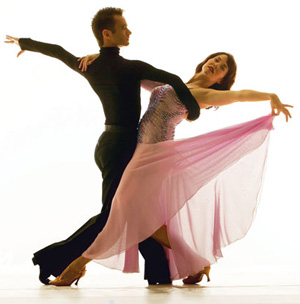Discussing cultural differences is a touchy subject for some people; however, we cannot pretend like they don’t exist. In fact, that is a part of the beauty of the Ohio State experience–the diversity on campus. Navigating the diversity and trying to find yourself in the midst of learning more about your social identity is tough, especially when managing other aspects of your life like your academics, social life, and mental stability.
College marks a time when you are by yourself facing challenges like doing your own laundry, keeping up with a rigorous course load, and exploring the college scene. For some, that may be manageable, but for others…not so much. For minority students it is all of the above…and then some. I believe that being a minority does not just apply to race but also ethnicity, nationality, sexuality, age, gender, or anything else that would imply that you are not among “the majority”. So, let’s make this topic a little more comfortable for all of us.
Here are four tips to make the Ohio State campus experience a little less worrisome for you:
Join an ethnic group.
Find a safe place among your peers–who may also struggle with being the minority–because they can be your best support system. Whether you are Black, Asian, Mexican, a woman, a member of the LGBTQ community, you are never alone! I hate to break it to you, but in this case, you are not unique (smiley face). Human nature suggests that we are most interested in meeting people just like ourselves, so take initiative and put yourself out there to find those people first. Keep in mind that the best friendships begin unexpectedly, and it can all start with one organization meeting.
Take elective classes that best suit you.
Ohio State serves a diverse population. Therefore, the classes that can be taken are limitless: African American studies courses, Women’s, Gender and Sexuality studies courses, Religious Studies courses–the list goes on and on. Those courses are not just taken by people who personally identify with the course subject matter or who agree completely with the ideas conveyed by the instructor and other students; they are meant to expose you to new concepts and ways of thinking, which ultimately help you in that journey to finding yourself. Even if you want to learn about other cultures (as opposed to your own identity), don’t hesitate to take it–you are supposed to explore in college, and the possibilities here are endless!
Chill out.
Assume positive intent at all times. There is no need to be overly sensitive or constantly on edge because someone may or may not have offended you. Have a light heart and take some things with a grain of salt. While our differences are what make us awesome, try not to focus solely on that difference that you may have. Instead, focus on the similarities and common interests you share with others. There is so much more about you than what you identify as and so many ways to connect with other students.
Be proud!
Walk around with your head held high. Don’t be ashamed of who you are, and don’t let small things intimidate you from reaching your full potential. Embrace it! Sometimes I think the thought of reaching your full potential and being as great as you can be scares people. Don’t let that be the case for you because that hinders your ability to accomplish your goals. Always remember that you have the power to achieve anything you put your mind to. Just go for it!!




